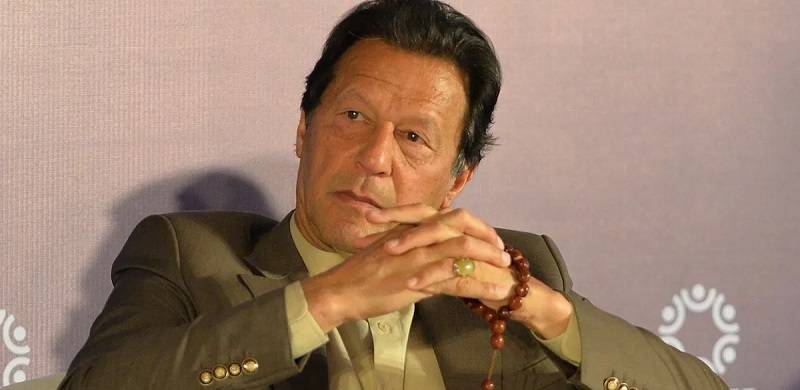
As Pakistan's officially recognized Covid-19 cases surge above 23,000 in number, it would be important to point out that there is no lockdown in place, as such. Daily activities continue unabated, often with no concern for social distancing measures. This situation is not merely due to the apathy of the masses. It is the logical outcome of the line from above – with the state's “smart lockdown” policy essentially boiling down to no lockdown. On the ground, this smart lockdown takes the form of a highly optional and personal lockdown for citizens on an individual basis.
The Coronavirus pandemic has painfully brought home another reality of the Pakistani state and its relationship to society. When required to take responsibility for its citizens in a situation where there is no coercive victory in sight, the Pakistani state is noticed by its absence. The problem is particularly exacerbated by the ruling party. Hyper-sensitive as it is to the ebb and flow of urban public opinion, the PTI government is reluctant to publicly take charge in a situation where there are no easily marketable “wins” for itself.
In fact, the deliberate absence of the state is only made worse by the wide variety of statements from Prime Minister Imran Khan himself. He appears to have gone from opposing the Sindh provincial government's lockdown, to arguing against lockdowns in general, to saying that a lockdown was necessary, to arguing against lockdowns in general and finally full circle back to attacking the Sindh government for its measures.
Bafflingly, the PM appears to have distanced himself entirely of any responsibility for imposing or lifting the abortive lockdown effort that Pakistan saw last month. The PM has been claiming that a lockdown had been carried out due to the pressure of an “elite” which did not share his great concern for the suffering working classes.
This episode has raised serious questions on the nature of sovereignty and the basic exercise of power in Pakistan. Consider: what are the various stakeholders in the country supposed to think when the government next announces any policy on any issue? Unfortunately, the highest level of the executive can easily wash its hands of the whole policy within two to three weeks by citing some unnamed and insidious elite.
At a time when the chain of command ought to be crystal clear, we are left wondering: who is really running Pakistan?
It may seem opportune for various power-centres to temporarily make themselves scarce in such a crisis, but it will have long-term consequences for the confidence of the Pakistani people (and the world community) in Islamabad's authorities.
The Coronavirus pandemic has painfully brought home another reality of the Pakistani state and its relationship to society. When required to take responsibility for its citizens in a situation where there is no coercive victory in sight, the Pakistani state is noticed by its absence. The problem is particularly exacerbated by the ruling party. Hyper-sensitive as it is to the ebb and flow of urban public opinion, the PTI government is reluctant to publicly take charge in a situation where there are no easily marketable “wins” for itself.
In fact, the deliberate absence of the state is only made worse by the wide variety of statements from Prime Minister Imran Khan himself. He appears to have gone from opposing the Sindh provincial government's lockdown, to arguing against lockdowns in general, to saying that a lockdown was necessary, to arguing against lockdowns in general and finally full circle back to attacking the Sindh government for its measures.
Bafflingly, the PM appears to have distanced himself entirely of any responsibility for imposing or lifting the abortive lockdown effort that Pakistan saw last month. The PM has been claiming that a lockdown had been carried out due to the pressure of an “elite” which did not share his great concern for the suffering working classes.
This episode has raised serious questions on the nature of sovereignty and the basic exercise of power in Pakistan. Consider: what are the various stakeholders in the country supposed to think when the government next announces any policy on any issue? Unfortunately, the highest level of the executive can easily wash its hands of the whole policy within two to three weeks by citing some unnamed and insidious elite.
At a time when the chain of command ought to be crystal clear, we are left wondering: who is really running Pakistan?
It may seem opportune for various power-centres to temporarily make themselves scarce in such a crisis, but it will have long-term consequences for the confidence of the Pakistani people (and the world community) in Islamabad's authorities.
